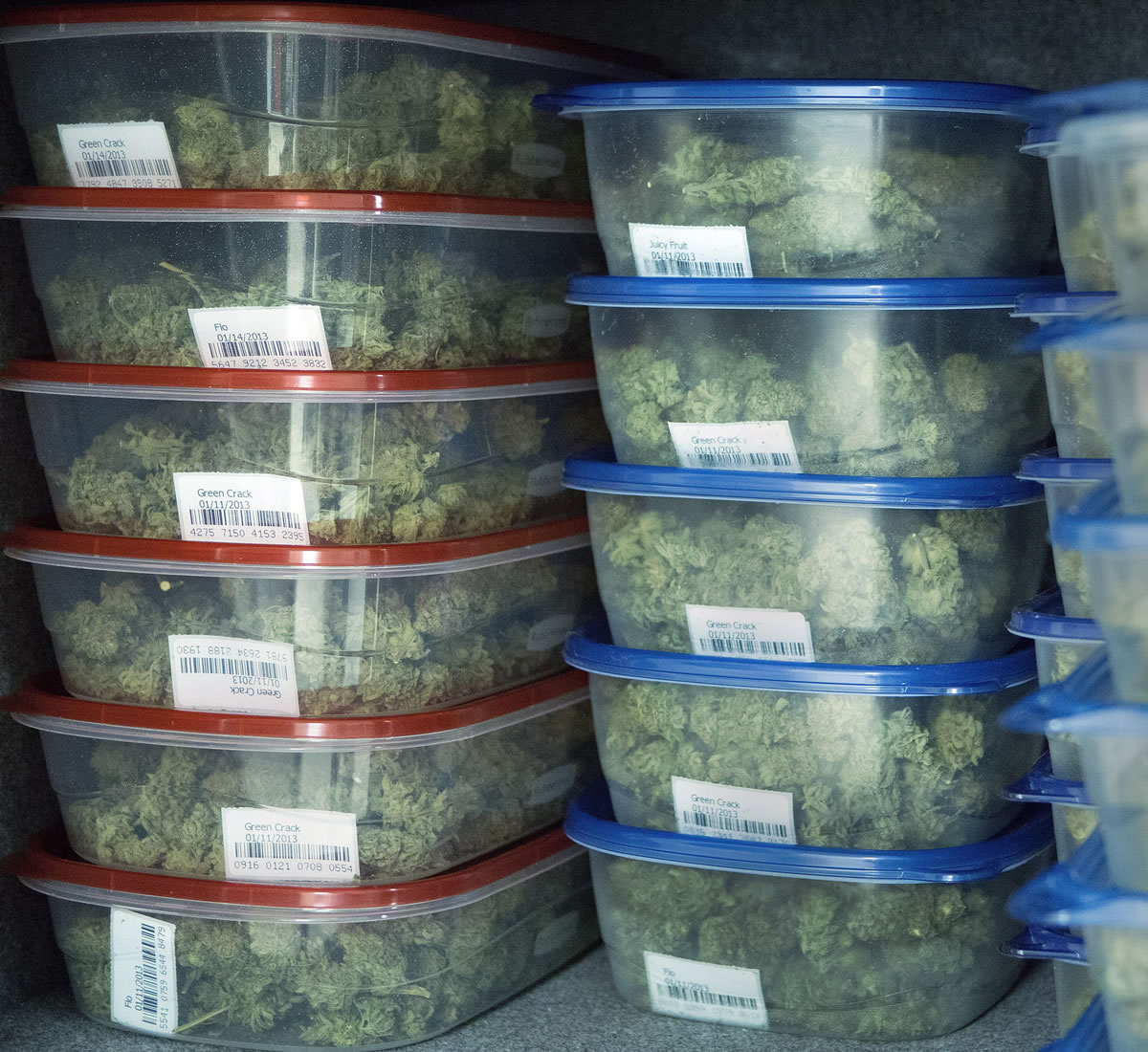OLYMPIA — Officials tasked with creating a regulated marijuana system in Washington state said Tuesday they are moving forward with a timeline of issuing producer licenses by August, but said that several challenges and uncertainties still exist surrounding the new law.
Pat Kohler, director of the state Liquor Control Board, told lawmakers on the House Government Accountability & Oversight Committee that those concerns include continued uncertainty about what the federal government will ultimately do about Washington and Colorado’s voter-approved marijuana legalization laws.
Washington Gov. Jay Inslee and Attorney General Bob Ferguson met with U.S. Attorney General Eric Holder last week, but were offered no further clarity on how the federal government will respond to last fall’s votes in both states that set up legal markets for marijuana.
The two states voted to legalize recreational marijuana use by adults over 21 and to create state-licensed systems of growers, processors and retail stores that sell heavily taxed pot. The creation of those regulatory schemes poses a possible conflict with federal law, which outlaws marijuana, and the Justice Department hasn’t said whether it will sue to block the state laws.
Inslee is expected in the coming days to send Holder a memo outlining key regulatory and enforcement issues that the state will be looking at.
Kohler said another concern has to do with banking and how, if at all, they’ll be able to get federally insured banks to do the banking for taxes and other revenue related to marijuana.
“I think it would be a public safety issue for it to be a cash operation,” Kohler told lawmakers, and said the Liquor Control Board is working with the state Department of Financial Institutions to discuss alternatives.
Rep. Steve Kirby, D-Tacoma, a member of the committee who also serves as chairman of the House Business & Financial Services Committee, said that banks and credit unions aren’t interested.
“They just won’t go there,” he said.
He raised the issue of the idea of a state bank, a measure that previously has not gained traction in the Legislature.
“That just might be a way to have a regulated system for handling the finances in this large industry,” he said.
Kohler said that several other concerns have been raised during the first two of six public forums on the issue that have been held to date, including concerns about the proposed taxation structure driving the price so high that it creates a black market, as well as how to deal with past criminal histories of potential licensees.
Rep. Chris Hurst, a Democrat from Enumclaw who is chairman of the committee, said he believed anyone who dealt in the recreational marijuana market, not medical marijuana, before the new law took effect should be considered a criminal and looked upon as such.



